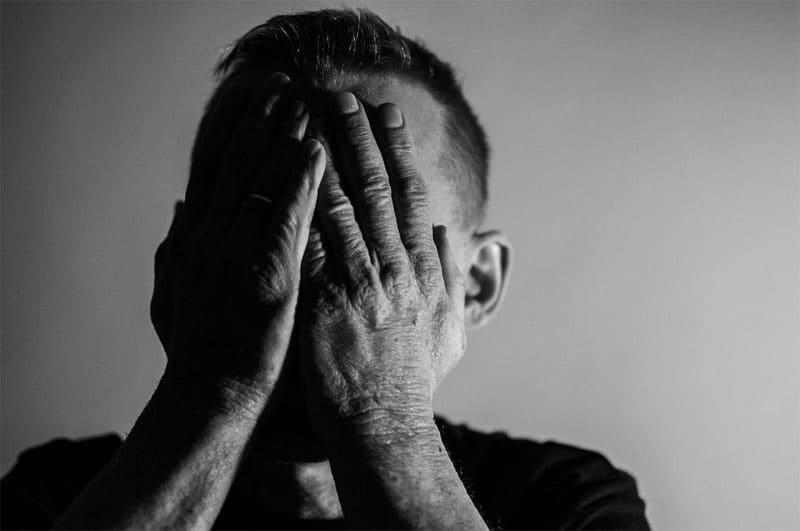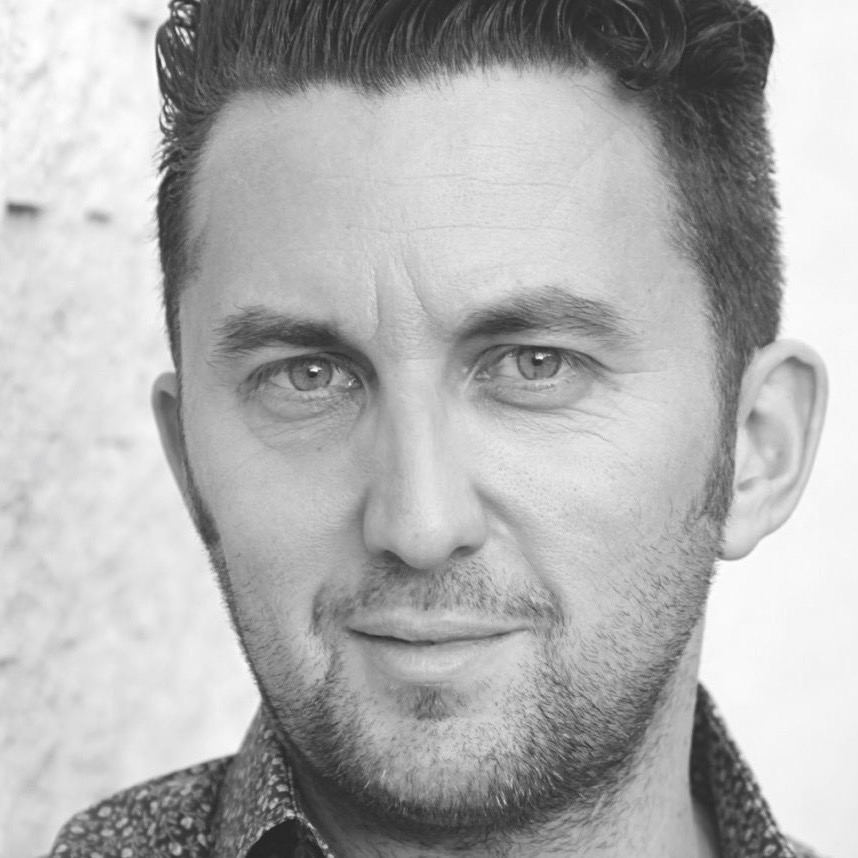
This column was nearly called “Reflections On Meeting Ex-Girlfriends After 15 Years, Seeing Their Husband And Kids And Thinking About What Might Have Been.” I started questioning whether I’d made the right choices after a recent spate of socially-distanced bumping into ex-girlfriends. They were busy tending to their children and husbands and it looked like they had just about gotten over our relationship.
Regret is like a form of poison, yet this has been a month of many regrets. President Biden may regret the hasty withdrawal from Afghanistan that has caused devastation and ex-President Trump might regret not being nicer during the election hustings, which could have won him those marginal votes. Yet no matter how bad the situation in Kabul, there are still no Democrat voters who regret their choice of candidate.
Matt Haigh’s novel “The Midnight Library” revolves around the gripping concept of a woman who is stuck between life and death, and visits a vast library where each book contains the story of her life if she had made a different decision somewhere along her lifeline. The infinite variations on her timeline range from large decisions like what would have happened if she had chosen a different career, to smaller choices like what would have happened if she had been kind to someone on a certain day.
The philosophical dead end of fatalism determines that the same event was going to happen and we would have ended up in the same place, regardless of what we did along the way.
The big question to which we can’t know the answer is whether a different choice would have made a difference at all. The philosophical dead end of fatalism determines that the same event was going to happen and we would have ended up in the same place, regardless of what we did along the way. Three of my friends married their “perfect” partners and later went through harrowing divorces that took years to heal from. If we had a time machine and we could make a different choice, should they go back and choose someone else? I doubt their children would be happy about it, primarily because they would disappear on the new timeline.
The “alternate timeline” debate is a difficult one since there could be many negative consequences to even the most basic no-brainer action. Given the opportunity, would you go back to the Austrian town of Braunau am Inn on April 20, 1889 and kill the newborn baby Hitler? Of course. Except many people believe that the Holocaust led directly to the birth of the State of Israel, so there could be a major consequence to this action. Professor Dov Waxman of Northeastern University argued against this by explaining that the State of Israel would have emerged in Palestine sooner or later, with or without the Holocaust. In this case, it’s fine to take that Delorean excursion to Austria. I’m just not entirely clear on how we went from discussing ex-girlfriends to killing baby Hitler.
A martial arts teacher used to punch me regularly with the aim of smashing out what he called the big three problems of fear, shame and regret. The last is the most insidious because looking back with regret can undermine our entire future. There is no Jewish idea for endlessly holding on to regret. The current time period of preparation for Rosh Hashanah is one of teshuva, reflection on one’s shortcomings and choosing a new path of action, but it is just one step on the Jewish path of repentance. We begin by regretting what we have done wrong, confess it out loud, make amends where we can, and resolve to act differently next time. This can’t turn back the clock but it can change what happens next.
Ultimately this is about happiness. We might think that a different choice earlier in our life would put us in a happier place today, and maybe it would, but maybe it wouldn’t. We don’t know. On a hot summer’s night in Israel in 1995, a French girl said to me in a very French accent, “Marcuse, I always do what I feel and never regret anything.” The problem was that I was shy and the following morning I regretted everything, simply because I had done nothing. C’est la vie mon amour.
There is no point to regret and no point wishing you had a time machine so you could do something differently the second time around. That is, unless your name is President Biden and you want to have a second go at a better-planned Afghanistan withdrawal. But for everyone else, who’s to say that this isn’t the perfect version of your life right now, as it is?
Marcus J Freed is an actor, writer and business consultant. www.marcusjfreed.com























 More news and opinions than at a Shabbat dinner, right in your inbox.
More news and opinions than at a Shabbat dinner, right in your inbox.